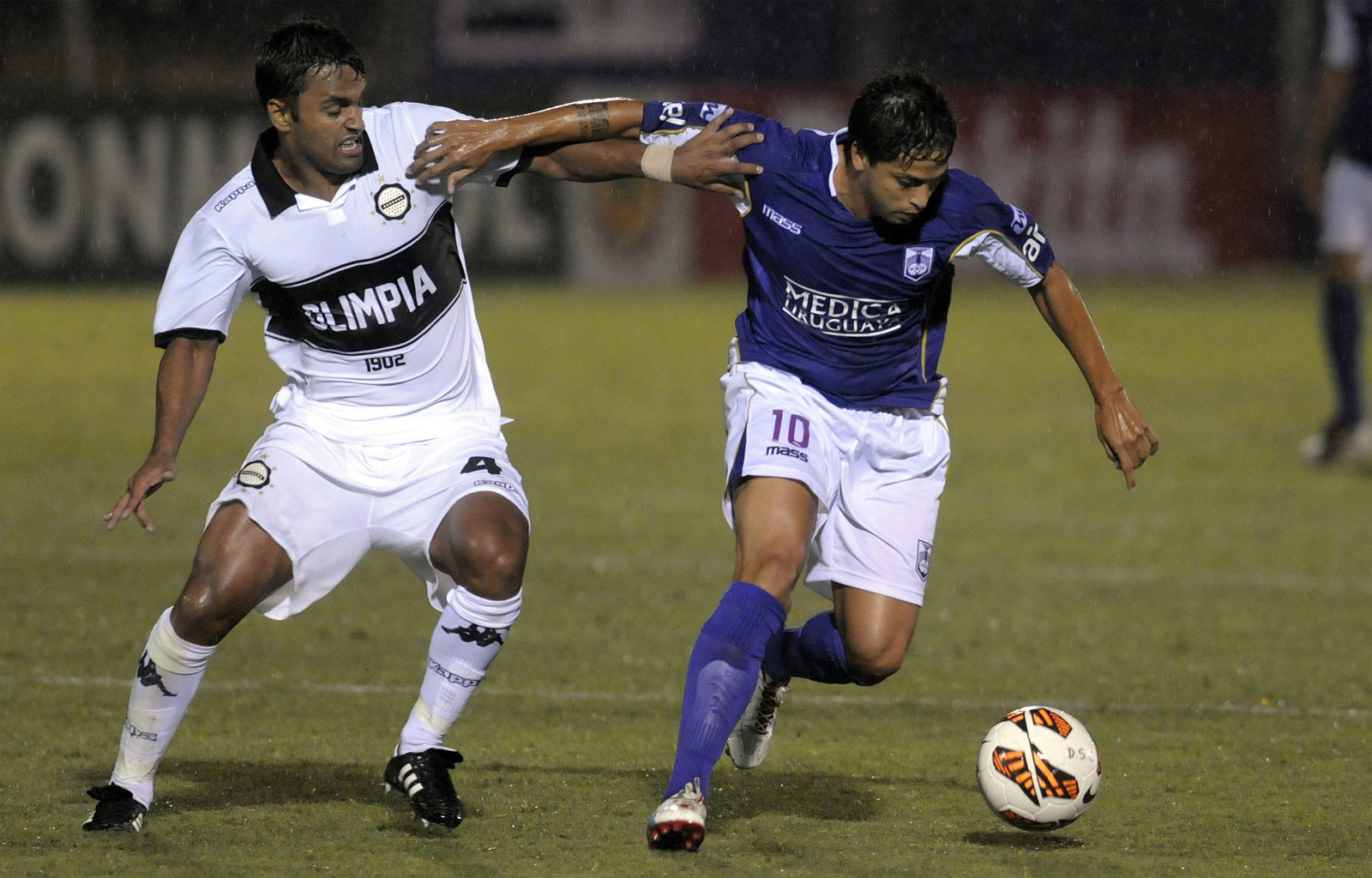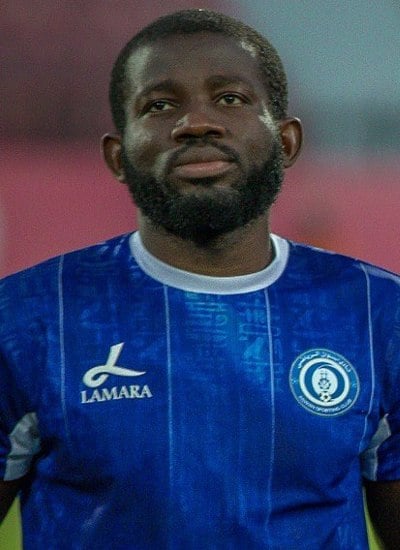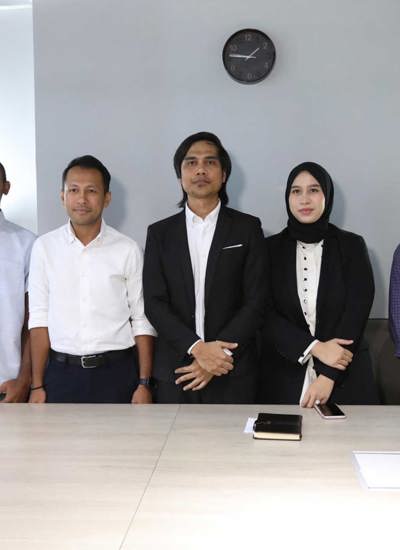
FIFPRO fully supported Ariosa and was delighted when the Court of Arbitration for Sport (CAS) found in his favour.
How it unfolded
Ariosa joined Club Olimpia in 2011 and his contract was due to expire on 31 December 2015.
Between October 2012 and November 2013, Ariosa did not receive his wages for ten months. Olimpia even failed to comply with a revised payment agreement signed by the player and the club in June 2013.
Ariosa was diagnosed with cancer in May 2013. Olimpia said it would pay for medical treatment. However, it is alleged the club did not live up to that agreement.
Olimpia suspended his contract in December 2013 until he was fit to rejoin the club. This meant the player would not receive any money during his treatment and recovery, as Olimpia had failed to enroll him with the Paraguayan Social Security Institute.
In January 2014, Ariosa terminated his contract due to non-compliance by the club. Olimpia responded by summoning the player to rejoin training immediately even though he was undergoing chemotherapy.

Decision: a legal victory for ariosa
Ariosa took his case to the FIFA Dispute Resolution Chamber (DRC), which reached its decision in August 2014. Following that, both the player and the club brought the case to CAS.
On 29 July 2015 CAS found that Olimpia had breached almost all of its obligations towards Ariosa, including a blatant attempt to exploit the player’s incapacity to work after he was diagnosed with cancer.
Such was the significance of this case that CAS awarded ‘moral damage’ to the player, which is extremely rare. This arose from Olimpia’s appalling behaviour in suspending the player when he was fighting for his life and dealing with the effects of chemotherapy.
Why is this verdict so important?
"This creates a precedent for serious issues such as the illegality of the suspension of a contract due to illness, and the possibility to be granted moral damage. This is a great result,” said FIFPRO legal counsel Alexandra Gómez.
There are four parts to this ruling that resonated with FIFPRO:
- suspension of a contract due to illness is illegal;
- a precedent has been created in the awarding of moral damage;
- Olimpia received extra punishment for acting in bad faith;
- the manner in which the ‘Specificity of Sport’ was applied, which can be found in the decision ordering Olimpia to compensate Ariosa due to the club’s lack of ‘sportive ethics’. The FIFA DRC had rejected similar claims in 2014, including those related to the 13th month payment. CAS decided to award Ariosa the annual 13th month salary for the entirety of his five-year contract, even though it was not formally agreed in the deal. However, the court referred to Paraguayan law, which states that the right to a 13th month is mandatory.
More good news
Sebastian Ariosa fully recovered from his illness and continued his career.


